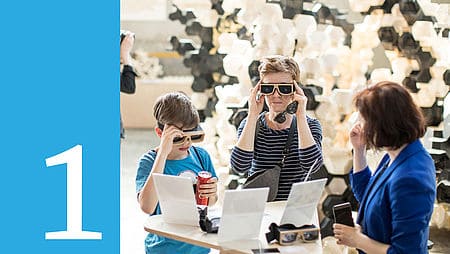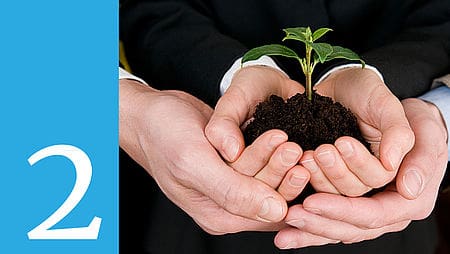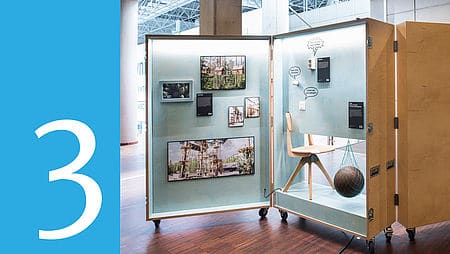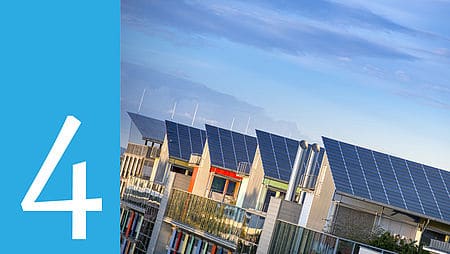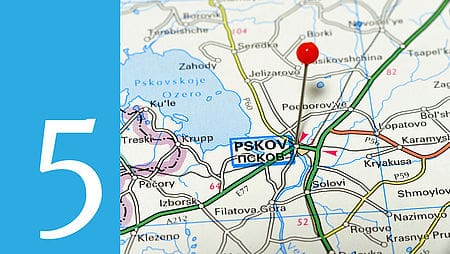As many as 43 Interreg Baltic Sea Region projects are working together with Russian partners, showcasing that the same cause unites people beyond borders. From innovating businesses to saving energy and improving mobility – Russian partners are active in all thematic fields of the Programme. But what do they actually do?
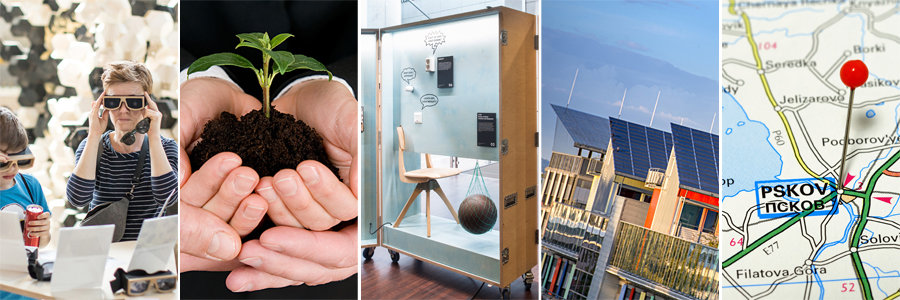
Russian partners are team players in solving joint challenges that, for example, affect the Baltic Sea waters, or in grasping opportunities that increase the competitiveness of the region. In this way, great solutions jointly developed become common practice across the Baltic Sea region. The five examples below show a glimpse of the benefits such an exchange of know-how brings for businesses and city administrations.
Guiding enterprises in better design
© Jakub Wittchen
“We are developing a 360° video so that anyone can see, for example, a ballet performance when being at home. Just put on virtual reality glasses and see it all around – like sitting in the first row,” explains Igor Kuprienko from the St. Petersburg ITMO University who is working in the project BaltSe@nior 2.0. Such modern technologies support socialisation among seniors, if they are incorporated safely into furniture design. The Russian project partner shares newly developed solutions in a virtual library that helps enterprises from different countries create new products for the comfort and safety of seniors.
Supporting business transfer
© PantherMedia Stock Agency / ridofranz
Small and medium sized enterprises often face a critical moment when the owner retires and a new one takes over. “The good thing about Interreg Baltic Sea Region is that we have experience from many countries in the region and we can look at this challenge from different angles,” says Maxim Balanev from St. Petersburg Foundation for SME Development. In the project INBETS BSR, partners from nine countries have developed transfer models for testing by 30 SMEs around the Baltic Sea, including at least five SMEs in Russia.
Boosting ecodesigned businesses
© Gdynia Design Days 2017 | Bogna Kociumbas, Michał Szymończyk
EcoDesign Sprint is an acceleration programme for businesses, supporting design without waste as part of the circular economy. It was developed in the project EcoDesignCircle. Now, Marina Lebedeva from Medina Art Ltd. in St. Petersburg is excited about implementing the concept in a furniture factory in her city. First design concepts of furniture produced in the eco-design spirit are expected in the autumn next year.
Saving energy thanks to cooperative actions
© PantherMedia / gyuszko
The project AREA 21 brings together municipal energy experts, energy providers and citizens to save energy and reduce harmful emissions in cities. Yury Nurulin from Peter the Great Saint-Petersburg Polytechnic University is happy to test such a cooperative planning process: “We understood how important it is to set up a dialogue with stakeholders: including the rector’s office and students. With more than 110 buildings and 40,000 users, our university is like a small European town.” The university plans to reduce heating and electricity costs, and to raise awareness for conscious energy consumption and saving.
Improving mobility in cities
PantherMedia / Johan Mollerberg
As part of the project cities.multimodal, the city of Pskov analyses its transport infrastructure, travel behavior, needs and challenges to find efficient ways to combine walking, cycling, and the use of public transport. “Thanks to the project, the city of Pskov will develop a sustainable urban mobility plan till 2030,” the first of this kind in Russia, as admits Natalia Goleva from the Pskov regional administration. “The city will get more accessible urban space and the current transport system will be transformed into sustainable and more comfortable for its citizens and guests.”
More benefits for the future
These and a few more projects met at the XVIII Annual Strategic Planning Leaders Forum of the Regions and Cities of Russia end of October. “It has become our tradition to meet every autumn in St. Petersburg to talk about Interreg in the Baltic Sea region,” says Elena Kolosova, a project officer and advisor for external cooperation in the Managing Authority/Joint Secretariat of the Programme.
Such solid cooperation grounds are a good starting point for the upcoming Programme: “Our aim is to be in this Programme from the very beginning,” said Igor Kapyrin from the Ministry of Foreign Affairs of the Russian Federation. “The main task for potential applicants is to establish sustainable partnerships for the future cooperation projects in 2021-2027,” he said.
Article by Elena Kolosova & Anna Gałyga, Interreg Baltic Sea Region Managing Authority/Joint Secretariat



